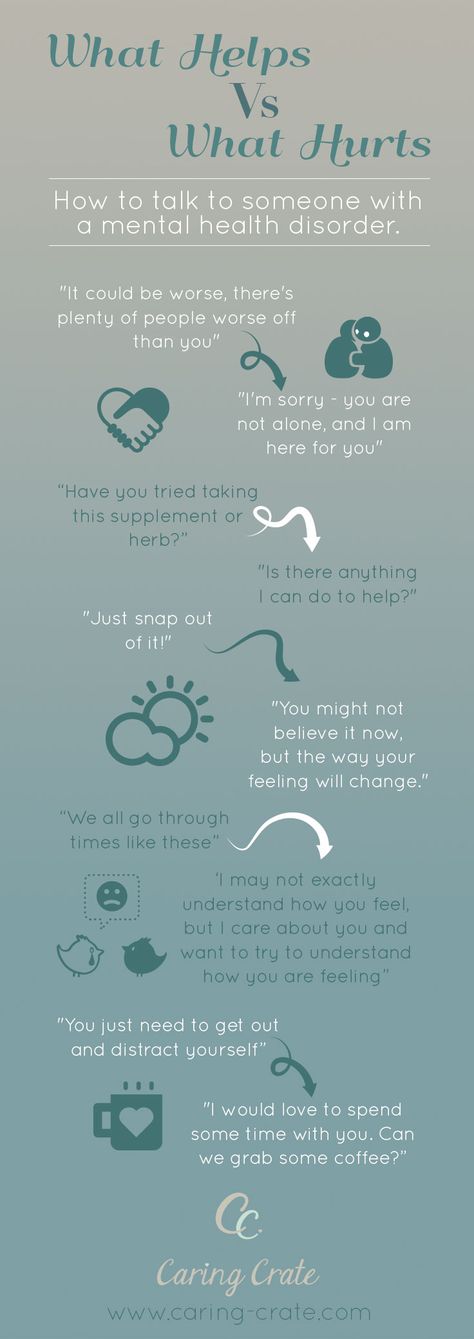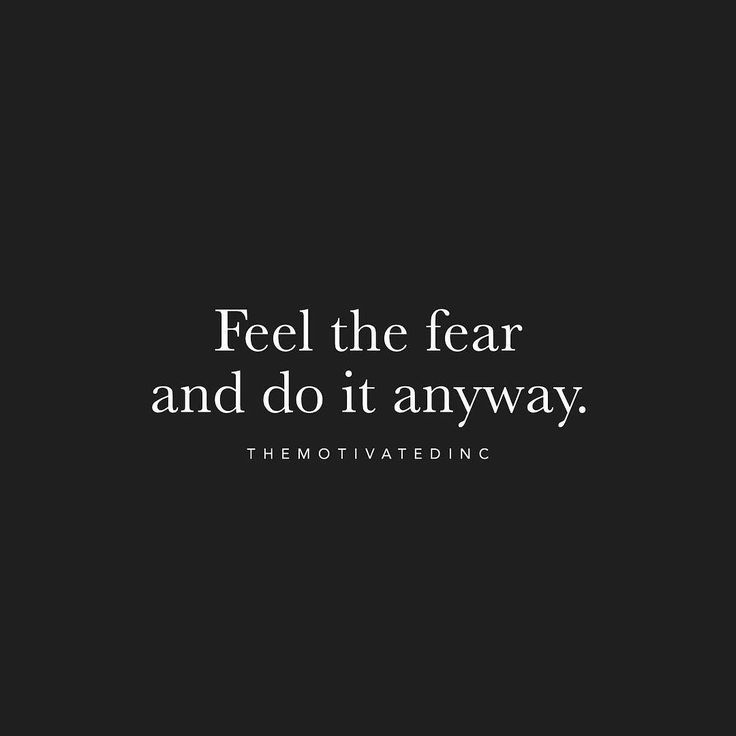Relationship stress examples
7 Causes of Stress and Anxiety in Relationships
November 2, 2018
Emotions are some of the most powerful forces in life and anxiety is a difficult emotion to control. There are many things that can lead to anxiety developing in a relationship. It is not necessarily triggered by one behaviour such as betrayal or a fear of commitment, sometimes, anxiety arises over time as the partnership goes on. One thing is clear though, anxiety in relationships can have a significant impact on the overall quality of your life.
Whether you are currently experiencing anxiety in your partnership, or have had a recent breakup or divorce, learning more about the causes and symptoms can help you to identify and become more mindful of these emotions.
Common Causes for Relationship Anxiety
Below is a list of some of the common things that can lead to relationship anxiety. Do any of these ring a bell?
1. Long-Term Stress
When you or your partner experience long-term stress, this can have a deep impact on the relationship. This could stem from factors like work pressure, illness, in-laws, financial strain or feeling trapped just to name a few. If you feel tense, symptoms of anxiety can surface causing a strain, not just with your partner, but also with friends and colleagues at work.
2. Lost Trust
This is a very common cause of anxiety in relationships. This could be the result of infidelity, or when one partner feels like they can no longer rely on the other person, from blowing off plans to just not following through on promises. Trust is crucial in a partnership, and once it’s gone it takes time, patience and effort to get it back.
3. Breakups
Those who have experienced the breakup of a marriage or partnership can experience high levels of anxiety. Whether it be a long term relationship or just a fleeting romance, the resulting insecurity, feelings of loss, inadequacy and deprivation can take a huge emotional toll.
4. Early Experiences
Each of us develops a set of rules or expectations for relationships from our childhood experiences with parents, peers and siblings.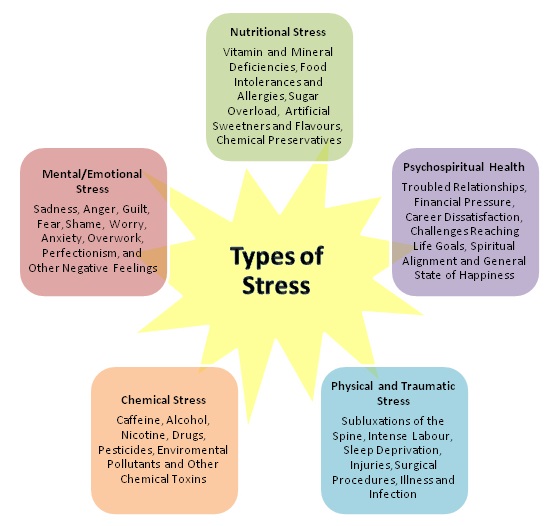 These rules and expectations can then come back to negatively impact us when we are in an intimate relationship as an adult. For example, we might be quick to anticipate that a partner will be unreliable, or will abandon us when we need care. We may feel unworthy of love or support, or we may feel like disaster is about to strike at all times, or have learnt never to show our true emotions (particularly the negative ones).
These rules and expectations can then come back to negatively impact us when we are in an intimate relationship as an adult. For example, we might be quick to anticipate that a partner will be unreliable, or will abandon us when we need care. We may feel unworthy of love or support, or we may feel like disaster is about to strike at all times, or have learnt never to show our true emotions (particularly the negative ones).
Anger
Sometimes in relationships one partner can be quick to lose their temper, with anger just simmering below the surface waiting for an outlet. If this is a regular occurrence it can be a major cause of anxiety, as family members live with a constant level of underlying tension never knowing when the next eruption will come.
5. Negativity
Negativity in a relationship can be a toxic factor with communications that include criticisms, sarcasm or cracks at the other person. Daily negatively can be extremely draining for both parties and can lead to severe anxiety.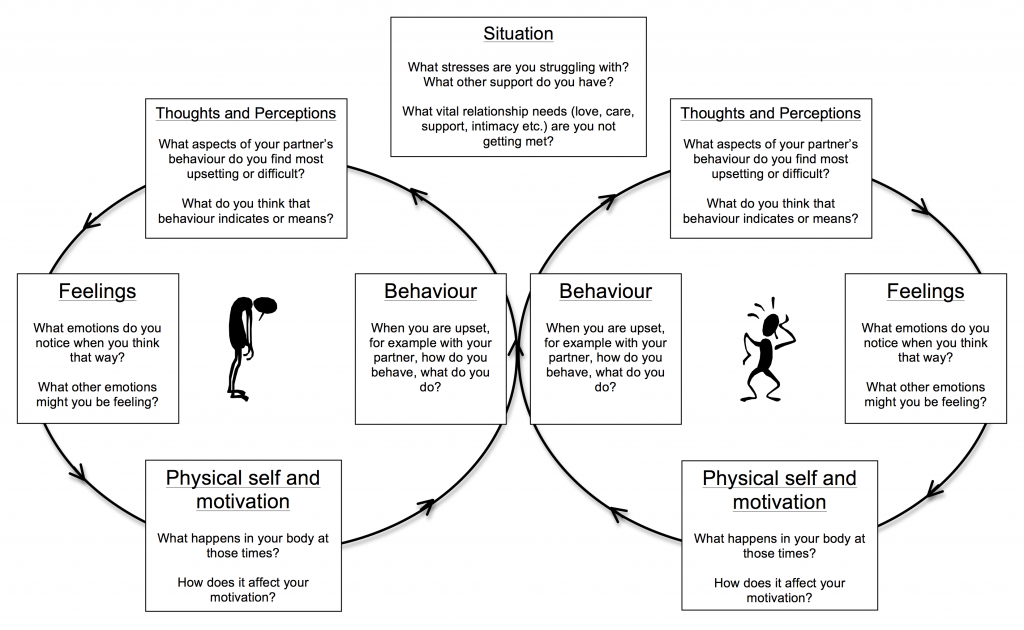
6. Jealousy
Jealousy can also be a major cause of anxiety, with both partners being impacted. Betrayal and a loss of trust in either present or past relationships can trigger jealousy, or the fear of being abandoned, betrayed or neglected.
7. Regular Fights
Regular fighting can lead to anxiety in a relationship. This can lead to both partners holding back and feeling like they need to walk around on eggshells to avoid saying or doing something that might start another fight.
Whatever the cause, those suffering from relationship anxiety may find it starting to impact other areas of their lives, including friendships, other family or work.
It is well-known that anxiety affects the sufferers emotional well-being, but it is important to note that it can also detrimentally impact their physical health.
Physical Symptoms of Anxiety
Anxiety can have a significant effect on physical health, both in the short and long-term.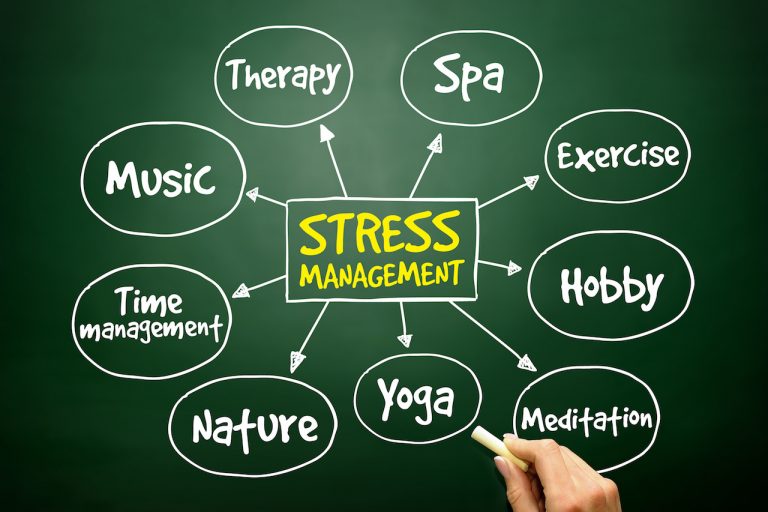 Those suffering from relationship anxiety can start to have symptoms such as:
Those suffering from relationship anxiety can start to have symptoms such as:
- Digestive issues
- Insomnia
- Increased risk of Infection
- Respiratory Issues
- Fatigue
- Shaking
- Dizziness
- Muscle tension
- Increased heart-rate
- Difficulty concentrating
- Sweating
- Nausea
- And in severe cases, panic attacks
What can you do to get over your relationship anxiety?
Relationships and emotions are complicated and there can be a point of no return.
First you need to decide what you want to do next. There are some questions you need to ask yourself:
If you are currently in a relationship, do you want to save it? If so, are you willing to make an effort to change yourself, even if your partner is not yet ready to change?
If you have experienced a breakup, and need help coping and developing strategies to set a new course for your future relationships, are you willing to put the effort in?
In relationships you can’t force your partner to change.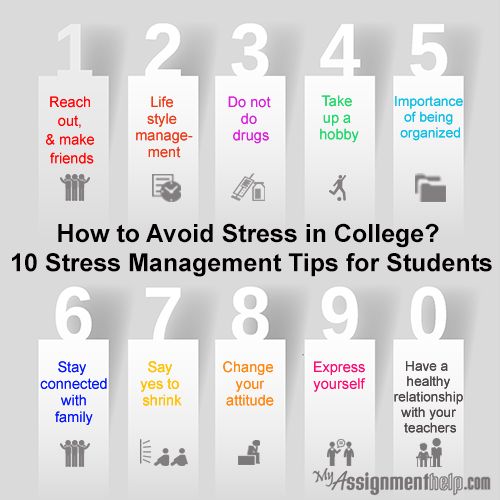 Not all people are ready to acknowledge that it is needed. The thing you can do though, either in your current relationship or in starting over, is to make a commitment to change your own actions and reactions in relationships.
Not all people are ready to acknowledge that it is needed. The thing you can do though, either in your current relationship or in starting over, is to make a commitment to change your own actions and reactions in relationships.
Understanding more about the reasons for your reactions, learning to recognise and name these reactions, managing the symptoms of anxiety so they don’t overwhelm you, and taking time to consider what (if any) action to take is an important skill to learn. This commitment to increase your self-understanding is your first step to improve your relationships.
If you would like to take the next step forward to a positive and balanced future, often it can help to speak to a psychologist to help you set a course.
Mindfulness and Finding Moments of Calm in as little as 2 minutes a day!
For all of you busy people out there, we have just created a one-week mindfulness course to help decrease anxiety and stress in just 2 minutes a day.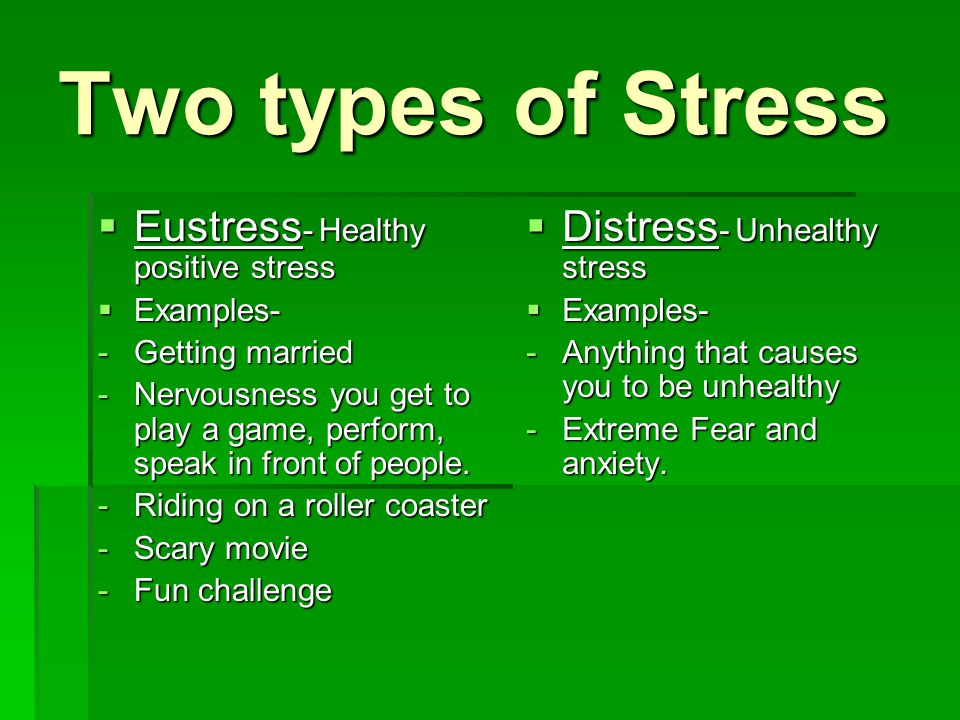 As well as reducing stress, practising these mindfulness techniques also help improve focus, reduce emotional reactivity and improve relationships and resilience.
As well as reducing stress, practising these mindfulness techniques also help improve focus, reduce emotional reactivity and improve relationships and resilience.
You don’t need to set aside 30 minutes a day in a quiet room on your own with incense burning and in complete silence. Who has time for that? Just add your details to get started. You will then receive an email each day with your 2-minute mindfulness challenge.
Who Is Courtney Smith
Clinical Psychologist
M.Psy (Clin Psy)
B. Sc. Honours (Psy)
My name is Courtney, and I am passionate about helping people improve their wellbeing and psychological health. I have a special interest in working with people with a complex mix of issues within relationships – whether that be their relationship with others, themselves or food. I help people identify long-term patterns in their relationships, understand the origins of these difficulties and look at how you can make lasting changes to interrupt these patterns.
I have helped many people overcome anxiety and other difficult emotions within their relationships, guiding them to find sustainable long-term solutions and to become happier in their lives. As well as this I am passionate about helping those suffering with long-term difficulties in their relationship with food. People who have tried all they can to change but need help in addressing the psychological aspects and causes of their eating, hunger or body image.
Working in partnership with my clients we aim to build self-awareness, enhance confidence and bring back a sense of direction on the road to achieving long term fulfilment.
What is my approach?
I use a form of psychotherapy which is empathetic, supportive and non-judgemental, providing a safe place to open up. My emphasis is on helping individuals achieve long term results for desired changes and outcomes.
I use a variety of therapeutic models that I have had great success with including Cognitive Behaviour Therapy (CBT), Acceptance and Commitment Therapy (ACT), Dialectical Behaviour Therapy (DBT) and Schema Therapy.
Special Interest Areas:
- Relationship Anxiety
- Reconnecting with Your Partner
- Loss of intimacy with your partner
- Relationship break-ups
- Issues staying in relationships
- Anxiety Disorders
- Depression
- Eating disorders
How to Contact Me ‘
If you would like to make a booking or to inquire about sessions with Courtney, contact Core Psychology on 02 9817 1993 or simply complete this enquiry form.
What are the effects of stress on a relationship?
Stress is common in relationships.
All couples experience stress. Sometimes stress comes from problems at work or with family and or friends that we carry over into our relationships. Stress can also come from the couple’s issues, such as an argument, differences in wants or needs, or feeling neglected.
Stress can negatively impact relationships.
Although stress is common, it can be harmful for relationships.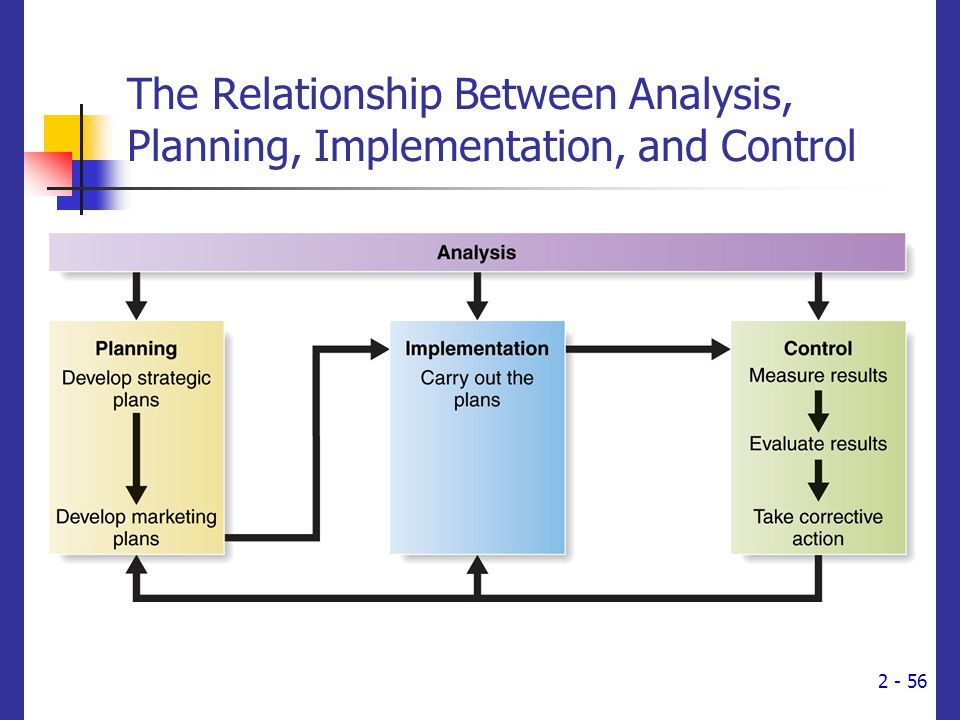 Oftentimes, people bottle up or keep their stress to themselves, which makes it difficult for their partners to understand what they are going through and to provide support.
Oftentimes, people bottle up or keep their stress to themselves, which makes it difficult for their partners to understand what they are going through and to provide support.
Not dealing with stress can create a negative cycle where partners “catch” each other’s stress. This happens because stress is contagious – when our partners are stressed, we become stressed. Think back to an argument that escalated quickly. You might have “caught” one another’s stress during the argument, which made you both feel even more frazzled and made you say things you wouldn’t have otherwise said. Couples get stuck in this negative cycle and may be too stressed to deal with the underlying issue(s).
Stress can be beneficial.
Experiencing stress doesn’t necessarily mean your relationship is going to suffer. Rather, your perception of stress – such as seeing it as a challenge that you can overcome – is important. By viewing stress as an opportunity to share and open up with one another, relationships become stronger because couples learn how to navigate stress and build resources to better deal with future stress. Partners learn what they need from each other and show one another that they are cared for, valued and understood. Having a partner who is there for you and responds to your needs helps your body deal with stress better and makes stress feel less intense.
Partners learn what they need from each other and show one another that they are cared for, valued and understood. Having a partner who is there for you and responds to your needs helps your body deal with stress better and makes stress feel less intense.
The key to stress is how couples manage it.
It's important for couples to identify and talk about what causes their stress and what they need when they feel stressed. Although it might be difficult to talk about what is creating stress, particularly if it is caused by something within the relationship, it is helpful for partners to talk about their needs and for partners to provide support. Those couples that are most successful in dealing with stress tackle it together. They create a feeling like they are in it together and are a team.
What can you do?
Check in with one another and listen first before you offer solutions.
Ask your partner(s) what you can do to help and to make their day smoother.
Hug more often.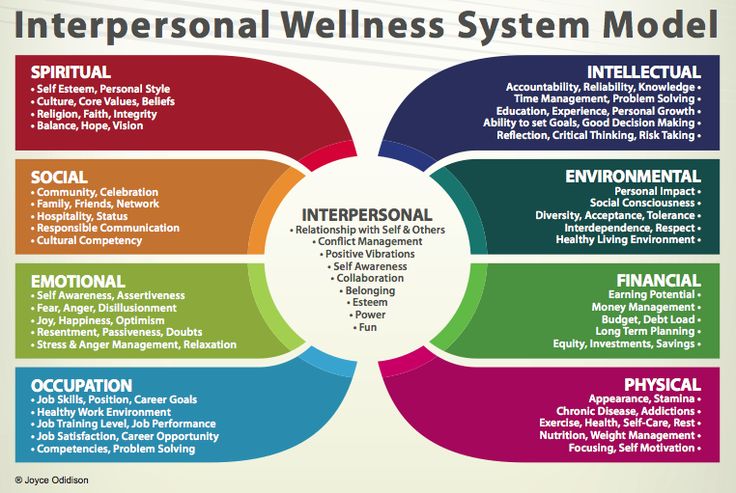 It sounds odd, but hugging for at least 30 seconds after work every day can help your bodies line up and calm each other down.
It sounds odd, but hugging for at least 30 seconds after work every day can help your bodies line up and calm each other down.
Stay connected during stress. Talking about your stress and having a supportive partner to see you through it makes you and your relationship stronger.
Rosie Shrout is a social psychology doctoral candidate at the University of Nevada, Reno, and researches relationships and health. She received her undergraduate degree in psychology at State University of New York, Potsdam, and her master’s degree in experimental psychology at Townson University, Maryland.
causes, symptoms, treatment, useful or not
- referrals
Neurology Neurorehabilitation center epileptological center Rehabilitation and physiotherapy Headache treatment Gynecology Orthopedics Psychiatry Functional diagnostics Pediatrics Ultrasound diagnostics
Psychology treatment room Otolaryngology Therapy Endocrinology Cardiology Rheumatology Urology Allergology Botulinum therapy Nephrology
- services and prices
- specialists
- clinic
- About clinic
- News
- Reviews
- Question answer
- Licenses
- Requisites
- Supervisory authorities
- Privacy Policy
- contacts
Stress is a state of psychological and physical tension in response to external influences.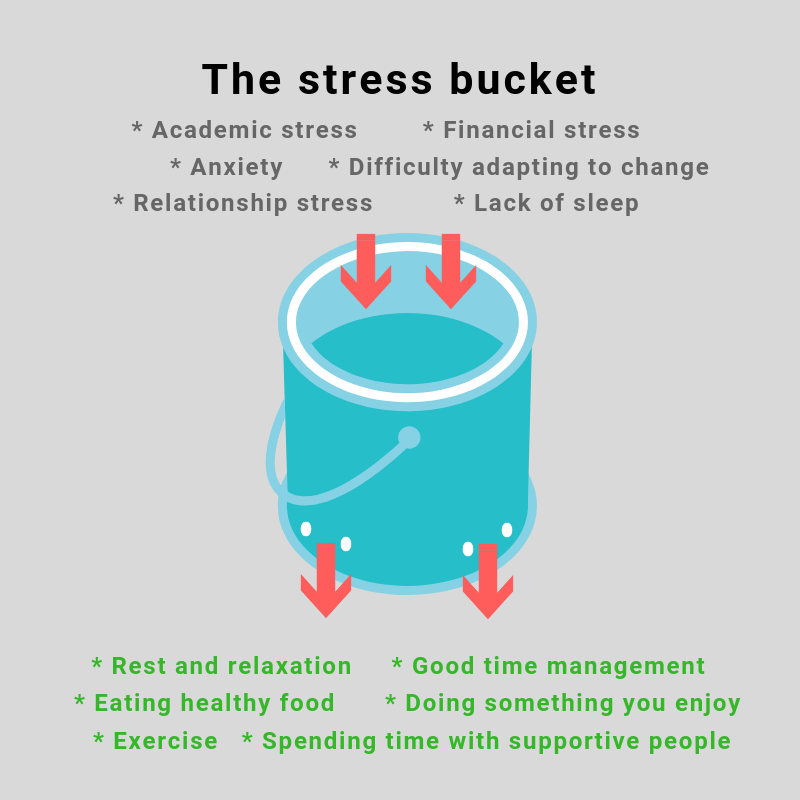 It can be caused by difficult situations, monotonous activities and emotional factors. Stress helps you adapt to a changing environment, but can have negative health consequences.
It can be caused by difficult situations, monotonous activities and emotional factors. Stress helps you adapt to a changing environment, but can have negative health consequences.
Is stress good or not?
Short-term one-time stress has a positive effect. In response to a stimulus, the body produces three hormones: cortisone, adrenaline, noradrenaline and activates the cells of the immune system.
Thanks to this, a person for a short time period:
-
memory improves;
-
increases the level of immunity;
-
the rate of tissue regeneration increases;
-
intellectual abilities are activated;
-
increases the endurance of the nervous system;
-
the functioning of the sense organs improves.
If a person is systematically exposed to a stress factor, all his organs and systems work hard.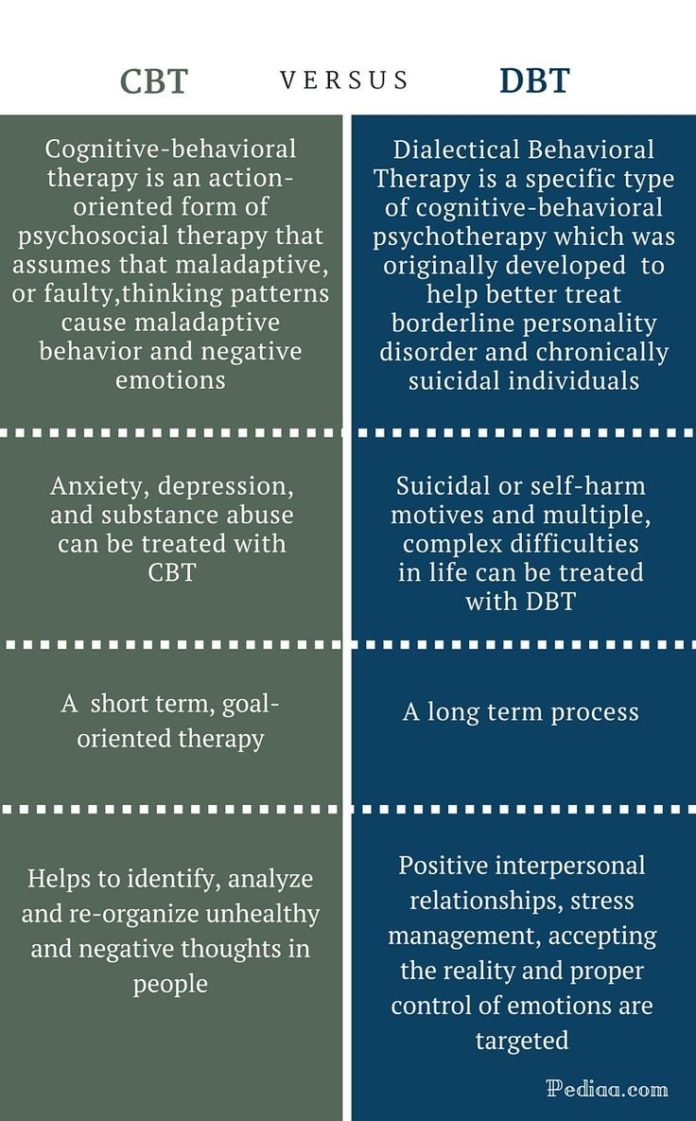 As a result, the body intensively wastes energy, passing through the three stages of the process.
As a result, the body intensively wastes energy, passing through the three stages of the process.
The first stage takes effect at the moment of exposure to the stress factor, and lasts a few minutes. It is followed by a second one lasting from several hours to several days, during which a person is looking for a solution to the problem or a safe way out of the situation.
If the action of the factor continues, the body depletes the adaptive capacity and ceases to minimize the harmful effects of the stressor. It is at the stage of distress that a person experiences overload, psychological disorders, signs of somatic diseases.
Causes of stress
Allocate systemic and mental type of impact of a stress factor. The systemic type is the body's response to an infectious disease, inflammation, injury, light, high or low temperature. Mental type - manifests itself on the emotional and mental sphere, followed by the biological level.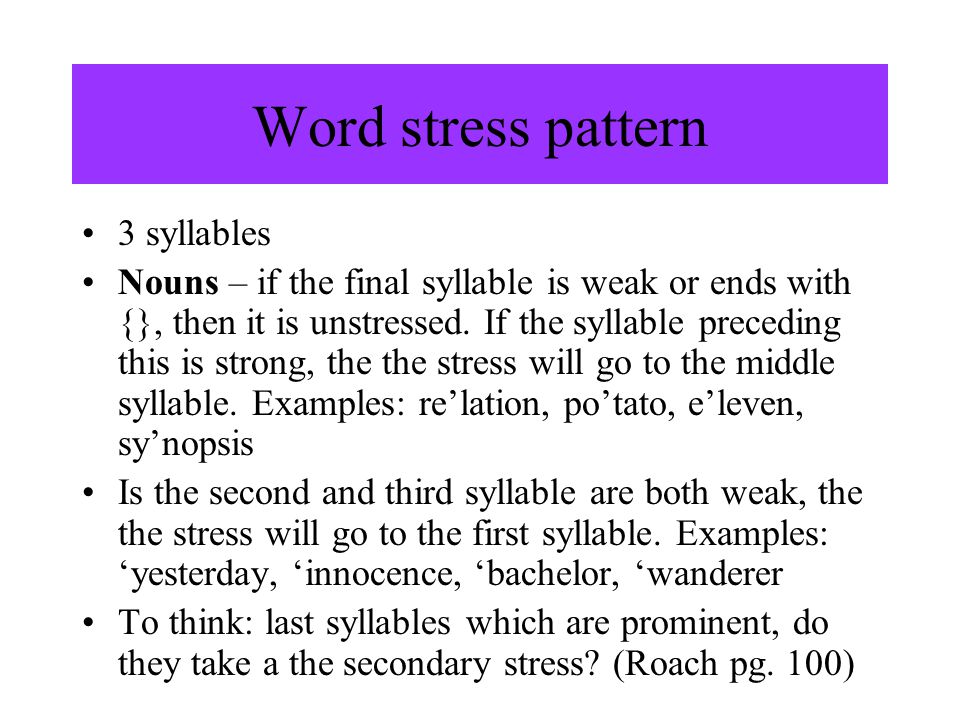
Mental causes of stress include:
-
professional activities associated with increased responsibility;
-
complex relationships in the family;
-
conflicts, phobias, problems in communication, threats of a different nature, intractable problems, dysfunctional social relations in the team;
-
unfulfilled needs, low self-esteem, perfectionism;
-
change of place of residence or work, monotonous activity, divorce, death of a loved one;
-
information overload;
-
lack of rest sufficient to restore the psyche;
-
psycho-emotional tension caused by risk, time pressure, increased workload, novelty of the situation or its uncertainty.
The consequences of prolonged stress in men and women are the same - depression and somatic diseases. Therefore, it is important to timely note the signs of psychophysical stress, identify its causes and eliminate it.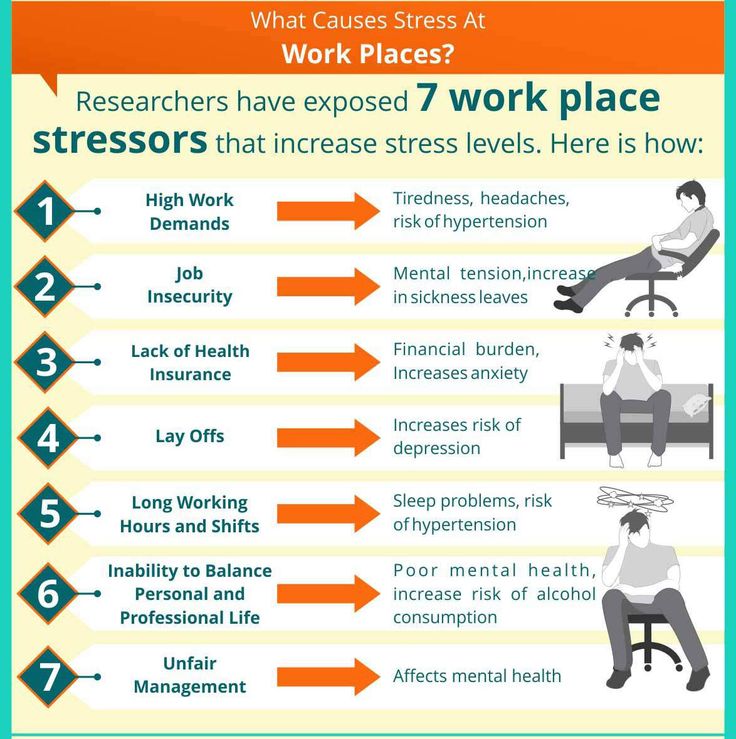
Signs of stress
Prolonged exposure to a stress factor causes serious stress throughout the body, significantly worsening the general mood and well-being of a person.
Common symptoms of developing stress:
-
Muscle tension in the head, neck, shoulders, back.
-
Increased anxiety.
-
Irritability at the slightest provocation.
-
Reduced performance.
-
Depression, apathy.
-
Sleep disorders.
-
Absent-mindedness, deterioration of memory and ability to concentrate, slowing down the pace of thought processes.
-
Chronic fatigue, pessimism, desire to distance themselves from society.
-
Headache, unexplained chest pain.
-
Disorder of appetite, violation of the digestive function.
Often a person acquires an obsessive habit, for example, biting his lips, turning his neck, straightening his hair.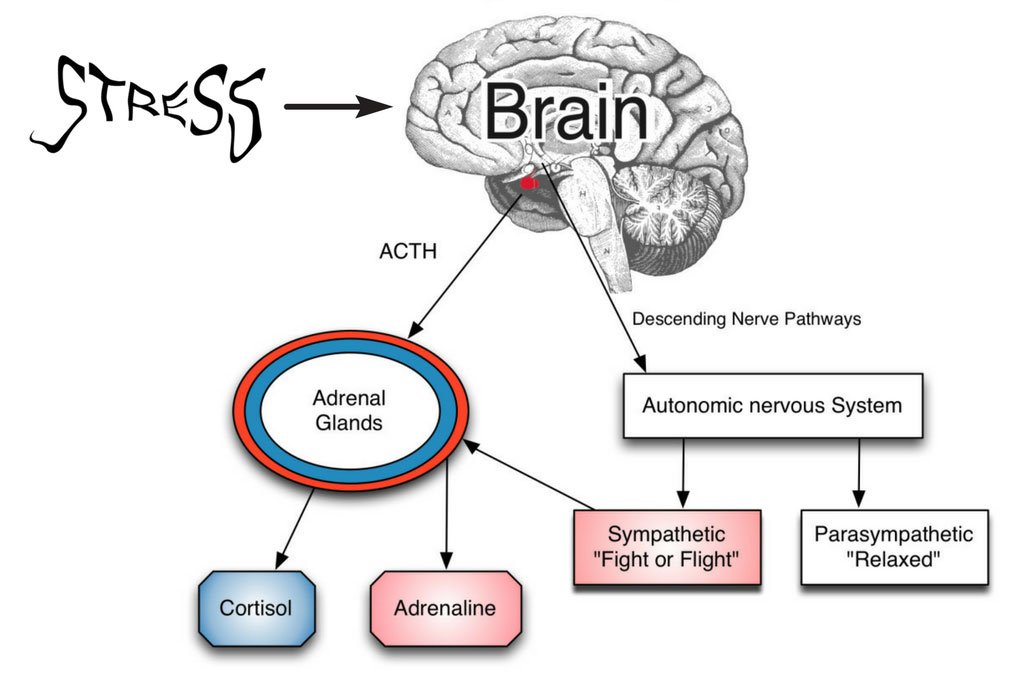 He begins to be disturbed by pain in the abdomen, palpitations, itching, or other negative manifestations.
He begins to be disturbed by pain in the abdomen, palpitations, itching, or other negative manifestations.
Therapy for stress
The belief that stress does not require treatment is a dangerous delusion. A chronic state of tension can lead to depression, post-traumatic syndrome, neurosis, neurodermatitis, peptic ulcers of the gastrointestinal tract, and bronchial asthma.
If you are worried about emotional discomfort, the severity of symptoms increases, moreover, there are somatic reactions, make an appointment with a psychotherapist. The doctor will determine the stage of stress, help to find unconscious stress factors, select a method of successful treatment that will protect against serious complications.
Our specialists
Pakhomova Lidia Evgenievna
Psychologist
Experience: 17 years
Treatment of the disease "Stress" in our center
| group | Nomenclature | Nomenclature | Price | Price |
|---|
All prices
Make an appointment
there are contraindications you need to consult a specialist0005
Make an appointment
Terms of agreement
I agree to the processing of personal data
Ask a question
Thank you :)
Your application has been accepted!
An employee of the center will contact you shortly
An error has occurred!
Please try again later!
Or tell the site administrator
Golden rules for dealing with stress
Stephen Carver - Visiting Professor at the Moscow School of Management Skolkovo, Professor of Project Management at the Cranfield School of Management
A crisis can become a new opportunity, or it can turn into a catastrophe.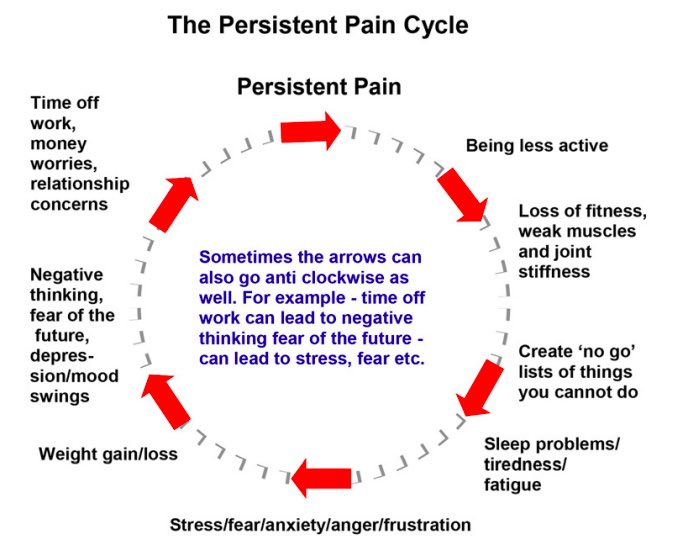 The fact is that during stress, certain physiological changes occur in the body: an incredibly large amount of chemicals enter the bloodstream. For example, adrenaline, because of which you want to hit someone or run away - in general, to behave aggressively. Our basic physical reaction to a crisis is very dangerous. Because of it, you can do the wrong thing. To avoid this, there are two golden rules:
The fact is that during stress, certain physiological changes occur in the body: an incredibly large amount of chemicals enter the bloodstream. For example, adrenaline, because of which you want to hit someone or run away - in general, to behave aggressively. Our basic physical reaction to a crisis is very dangerous. Because of it, you can do the wrong thing. To avoid this, there are two golden rules:
Rule #1: BE CALM. Give your brain a chance to take back control of your body and speech organs.
This requires knowing yourself well and understanding how you usually behave in extreme conditions. If you are likely to start making crazy decisions right away, then you need to have a management system in place that allows you to say, "Let's calm down and see what we can do."
Let me give you an example. There is a very good film about how to act during a crisis, this is Apollo 13 - about the American lunar mission. The humans were already half way through when their spaceship exploded. Everyone survived, but it was necessary to somehow bring the astronauts back. The film shows a classic case: when everyone in the mission control center began to pound their fists on the table and shout: “This is terrible! It can’t be!” – the leader, a man named Gene Krantz, first of all said: “So, everyone calmed down. Quiet! Let's work on the problem." He began by asking, “So what works on the ship?” He drew attention not to the devices that were out of order, but to those that were still working. And the team began to list: "Everyone is alive as long as there is oxygen, water, supercomputers and everything necessary to resolve the crisis." We see that in these few seconds people, instead of fussing and possibly doing the wrong thing, calmed down and began to act on the situation.
Everyone survived, but it was necessary to somehow bring the astronauts back. The film shows a classic case: when everyone in the mission control center began to pound their fists on the table and shout: “This is terrible! It can’t be!” – the leader, a man named Gene Krantz, first of all said: “So, everyone calmed down. Quiet! Let's work on the problem." He began by asking, “So what works on the ship?” He drew attention not to the devices that were out of order, but to those that were still working. And the team began to list: "Everyone is alive as long as there is oxygen, water, supercomputers and everything necessary to resolve the crisis." We see that in these few seconds people, instead of fussing and possibly doing the wrong thing, calmed down and began to act on the situation.
Rule #2: FOCUS: Focus your energy on the things that need to be done. You no longer panic and try to run in different directions at the same time without any sense, but with the precision of a laser, you focus on what needs to be done.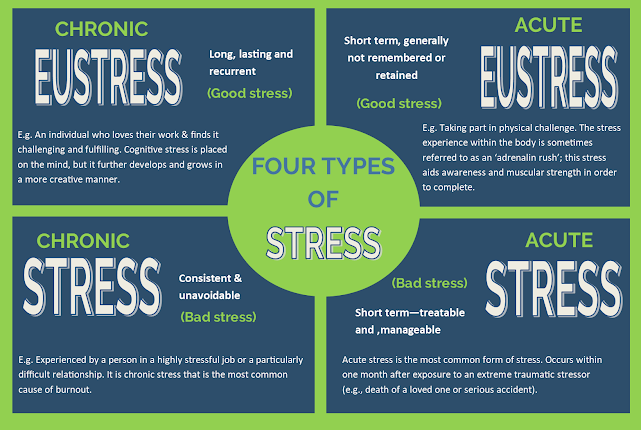
If there is no stress in your life at all, you may not want to get out of bed in the morning. But as stress builds up and you start to work more productively, there comes a point where the stress becomes so intense that your productivity drops off—very, very quickly. Here it is important to learn to recognize the approach of this moment. Because everything is different and varies from situation to situation. Sometimes you break down under this level of stress and in this situation, and sometimes, in another situation, you can handle more. I would say that the ability to stay calm and think with your head is one of the most important skills in today's management culture. So many managers under stress IQ plummets, and they make absurd decisions. Bad managers in crisis situations either go crazy or just give up.
The Harvard Business Review once did a study on how leaders behave in stressful situations. In conditions of extreme tension, only a third of managers managed to maintain control over themselves. Two-thirds just broke. Therefore, it is very important to prepare here - until you learn how to behave correctly in such cases, your reaction will remain unpredictable. And it is absolutely not necessary for it to become clear when a real crisis occurs in the company, because you can cause enormous damage to people and the company. That's why we believe in simulations, introspection, psychometry, and actual rehearsals to help you understand how you will feel in a stressful situation.
Two-thirds just broke. Therefore, it is very important to prepare here - until you learn how to behave correctly in such cases, your reaction will remain unpredictable. And it is absolutely not necessary for it to become clear when a real crisis occurs in the company, because you can cause enormous damage to people and the company. That's why we believe in simulations, introspection, psychometry, and actual rehearsals to help you understand how you will feel in a stressful situation.
Stress Simulation
Let me give you an example of an organization that understands this very well. In airlines, pilots are trained and retrained every six months on how to act in emergency situations. Take the pilot who just brought a Boeing 747 from Tokyo. He knows his business, has been doing it for thirty years and is an excellent professional, but then they say to him: “Sorry, it’s been six months - on the simulator!”. He can say: “Excuse me, I have a lot of experience, I can fly planes! You yourself allowed me to fly only yesterday! But they answer him: “No, to the simulator! We will stress you out to brush up on your skills and practice the necessary actions again.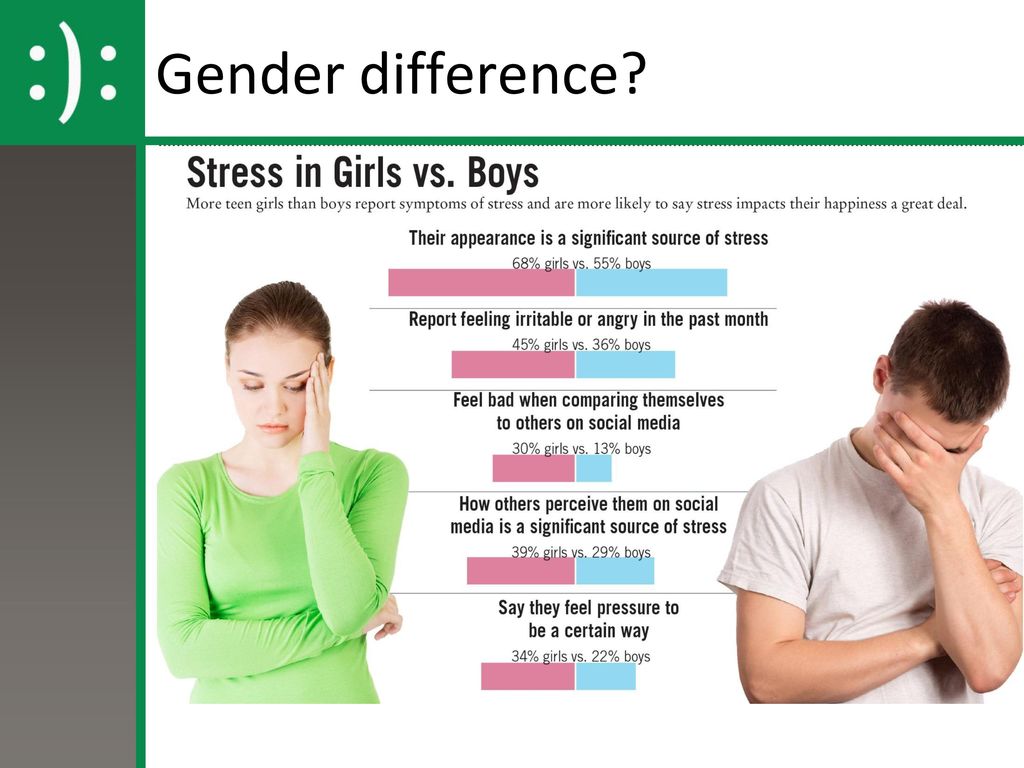 ”
”
And I've seen very competent people come to the simulator, and it may have happened that they had a bad day or in the wrong mood, but they lashed out at ordinary situations. The airlines have a rule: all this is filmed and shown to the pilot. And I watched the pilots look at the tapes and say: “This is not like me! I do not do that!". And the instructor would say, “That’s how you behaved under this level of stress. Let's see what can be done, because this was the wrong reaction. Let's learn to calm down in such conditions."
So, I would say that self-control in a stressful situation is a vital skill for managers, and it should be taught.
Artificial stress in the organization
Is it necessary to artificially create stress in the organization? Believe it or not, sometimes it's necessary. I often see companies slowly dying. For example, they are owned by the state, they are sure that the world around them will not change, that in any situation someone will take care of them - and suddenly they realize that the state has no money, and the situation is really bad.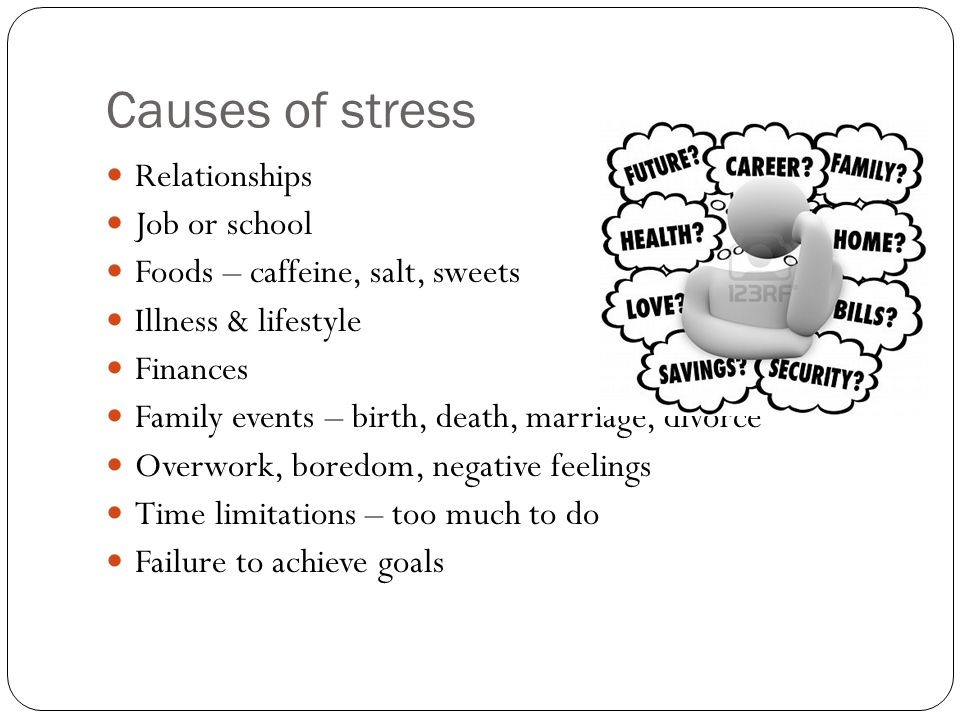 And if they do not act, they will simply die. Therefore, sometimes I create the so-called "burning platforms". This means that instead of slowly sinking into oblivion, a situation is created in which the need for urgent action is obvious.
And if they do not act, they will simply die. Therefore, sometimes I create the so-called "burning platforms". This means that instead of slowly sinking into oblivion, a situation is created in which the need for urgent action is obvious.
I create a certain amount of stress, that is, I come and say: “Changes are needed!”. People can be seriously scared if you tell them, “Look what happens if nothing is done. All of you will lose your job in 18 months.” And suddenly they begin to understand: "Yes, I see that this can happen." Then comes the first phase, when they start to panic: "I'll lose my job, it's the end of the world!". But then we say: “No, no, everything is fine. I understand you. Now you see what's going on and you're stressed out. Let's use this stress to create positive change. First of all, calm down. Now you know that you need to move - let's start this movement. And now we can really change direction.”
Good or ego
When simulating a crisis in a company, it is important to clearly understand the ultimate goal.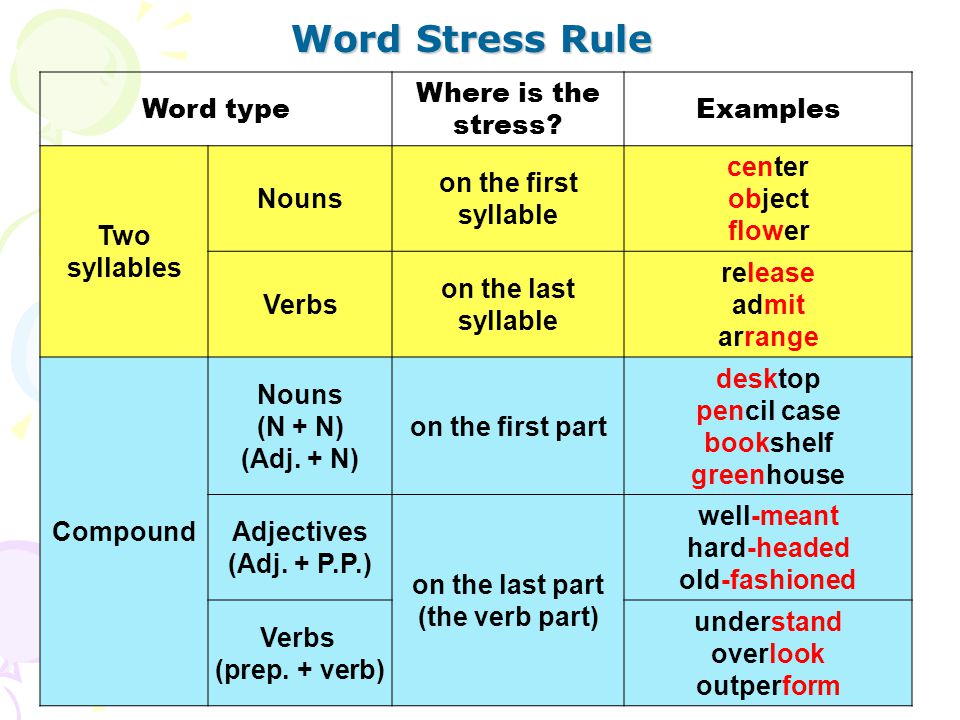 Now many companies are trying to analyze the causes of the crisis: “Wait a minute! How did it all happen? Who is behind all this?" And if the crisis started for a reason related to the company's strategy or something that the company should have done in common sense, but did not, then this is acceptable. But there are other cases: according to research, many leaders have mental health problems. They can go to extremes, often appearing as sociopaths and almost psychopaths. On closer examination, it turned out that these were the people who deliberately created crises and "fires" in the organization, and not for the good of the company, but for the sake of their own careers. In such cases, they could step forward, solve the crisis they started themselves, and show themselves well. Such managers should definitely be kept away from the levers of power. Otherwise, they will cause great damage to the company and its employees in the long run.
Now many companies are trying to analyze the causes of the crisis: “Wait a minute! How did it all happen? Who is behind all this?" And if the crisis started for a reason related to the company's strategy or something that the company should have done in common sense, but did not, then this is acceptable. But there are other cases: according to research, many leaders have mental health problems. They can go to extremes, often appearing as sociopaths and almost psychopaths. On closer examination, it turned out that these were the people who deliberately created crises and "fires" in the organization, and not for the good of the company, but for the sake of their own careers. In such cases, they could step forward, solve the crisis they started themselves, and show themselves well. Such managers should definitely be kept away from the levers of power. Otherwise, they will cause great damage to the company and its employees in the long run.
Have you read the book Snakes in Suits? Its author, a psychologist, traveled around America and interviewed many big bosses.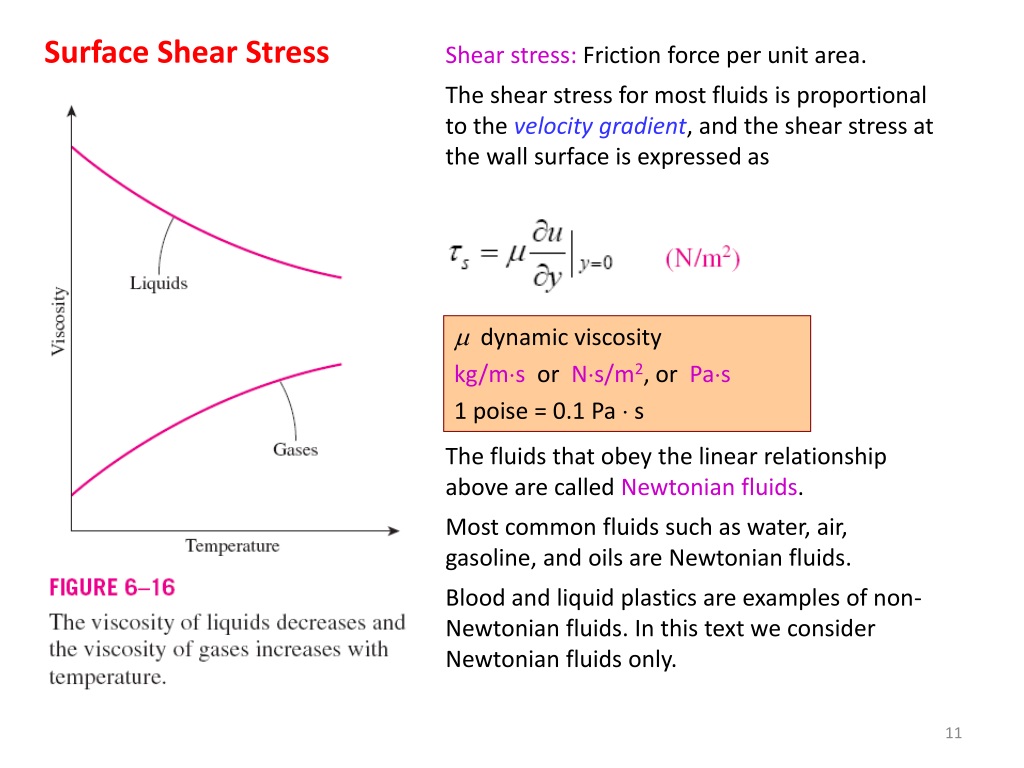 They thought the topic of the interview was their business success. But in fact, the author assessed their mental health, and many were on the verge of sociopathy and psychopathy. This is a rather frightening result, but many studies confirm it. Of course, books often exaggerate and simplify, and sometimes this is necessary. But organizations are beginning to attach more and more importance to the inappropriate behavior of such individuals in stressful situations. We saw a lot of this happening in 2007 in the banking industry, the executives were so stressed they were trying to make money by any means. And these methods took on the appearance of increasingly surreal financial products. If these leaders calmed down, they themselves would surely understand that this is madness. But, unfortunately, there was a complete collapse, which almost brought down the entire world economy.
They thought the topic of the interview was their business success. But in fact, the author assessed their mental health, and many were on the verge of sociopathy and psychopathy. This is a rather frightening result, but many studies confirm it. Of course, books often exaggerate and simplify, and sometimes this is necessary. But organizations are beginning to attach more and more importance to the inappropriate behavior of such individuals in stressful situations. We saw a lot of this happening in 2007 in the banking industry, the executives were so stressed they were trying to make money by any means. And these methods took on the appearance of increasingly surreal financial products. If these leaders calmed down, they themselves would surely understand that this is madness. But, unfortunately, there was a complete collapse, which almost brought down the entire world economy.
We hope this doesn't happen again. I work a lot now with banks and I know that they are trying to make sure that their leaders do not have to reach such stress.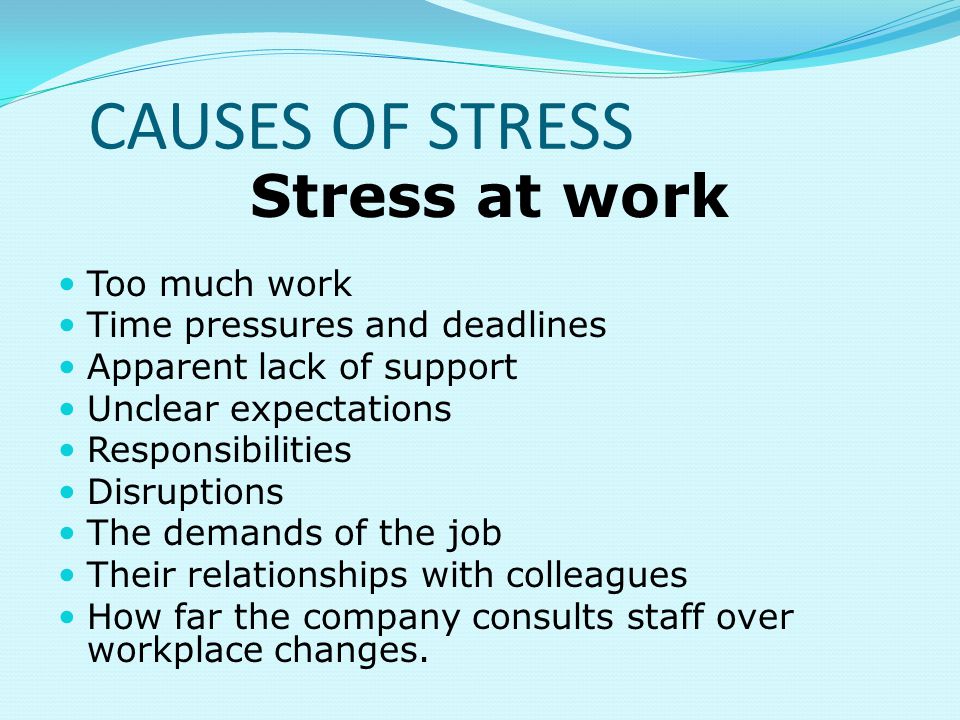
How Companies Cope with a Crisis: The Rule of Three R
There are two types of crisis: the first is due to instability, the second is extreme stress caused by the nature of your business. You have to deal with him when an airline plane crashes or you need to recall a batch of cars due to poorly working brakes. If you make airplanes, sometimes, unfortunately, they will crash. If you make cars, there will be times when you have to recall a batch. And how an organization copes with this kind of stress is a separate interesting case.
There are many successful and not so successful examples of the resolution of such crises. In MBA programs, I tell students if you're a CEO and you're in this situation, step number one is to calm down and turn on your brain. And then it will be possible to apply the rule that we call the "rule of three Rs."
The first R is Regret, "regret." You need to express regret for what happened. This does not mean that you should take responsibility for an accident or product recall. It is simply necessary to show that you are human and understand that your organization has caused the anger and frustration of other people. This is how you show empathy towards the victims of the crisis.
Second R - Reason, "reason". Try to give people the answers they want. How could it happen why this plane crashed. At the same time, it is necessary to say as much as possible as early as possible. Sometimes it’s worth considering how quickly to release information to the public, because, on the one hand, you risk stunning people with it, but on the other, everything will come out in the end. This is confirmed by WikiLeaks and investigative journalism. You can't hide anything inside a corporation anymore. The days when this could be done are in the past.
The third is the action that most people want to do right away, but we tell them, "Never do the third before you've done the first and second, otherwise no one will listen to you." The third R is actually what you will do, your reaction.

